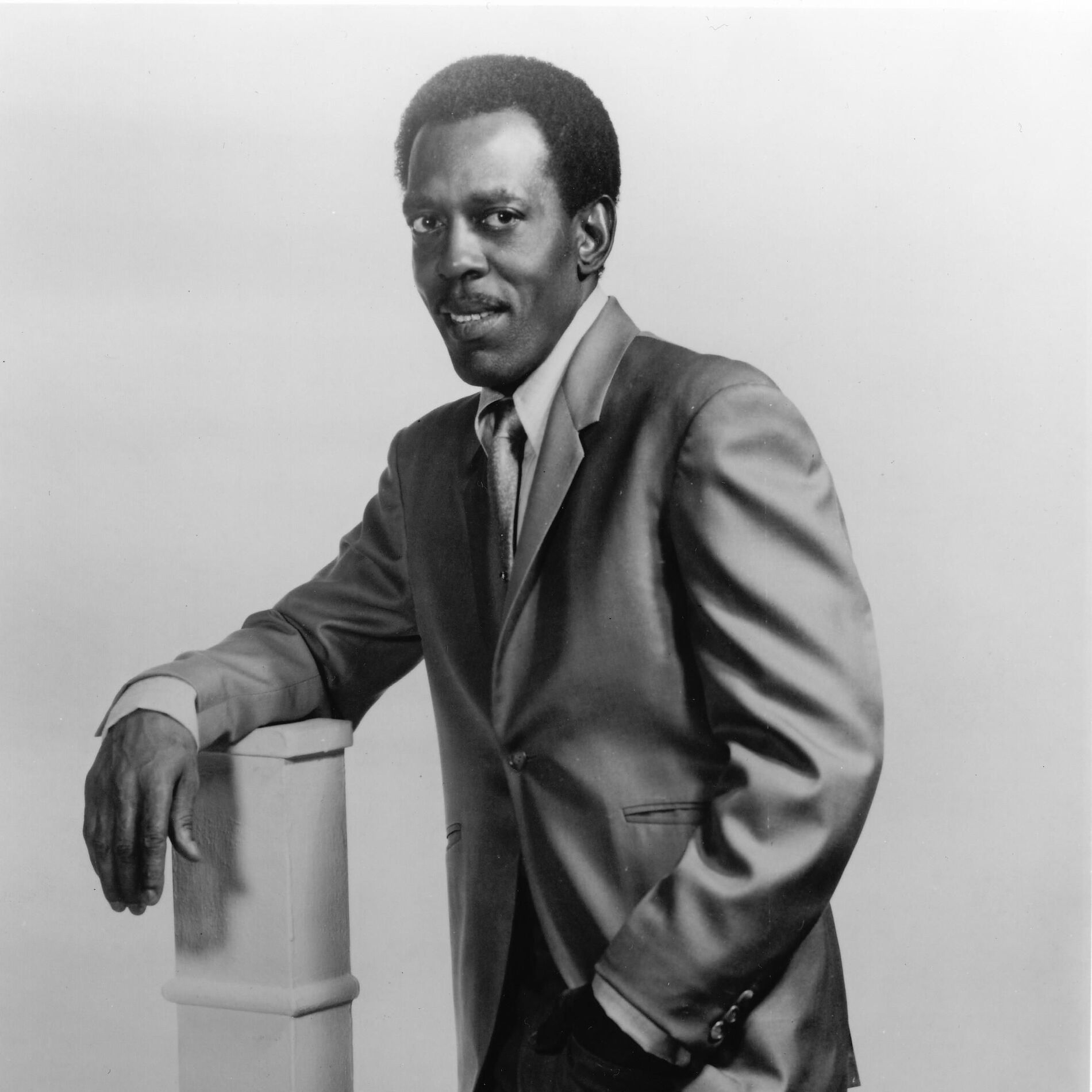Rosco Gordon might not be the first name that comes to mind when talking about blues legends, but his influence runs deep in the veins of modern music. A key figure in the Memphis blues scene, Gordon’s unique rhythm and songwriting style had a lasting impact on genres from ska to reggae. Here are five fascinating curiosities about this underrated blues musician.
1. Inventor of the “Rosco Rhythm”
Rosco Gordon pioneered a distinctive offbeat piano style that came to be known as the “Rosco Rhythm.” This shuffle-based approach placed emphasis on the upbeat, creating a rhythmic feel that would later influence Jamaican ska and reggae. In fact, many Jamaican musicians credit Gordon’s music as an early source of inspiration for these genres.
2. A Star of the Memphis Blues Scene
Gordon was closely associated with the Memphis blues scene in the early 1950s, a hub of innovation at the time. He recorded for legendary labels like Sun Records and RPM Records, sharing company with artists such as B.B. King and Howlin’ Wolf. His early hits, including “Booted” and “No More Doggin’,” helped shape the emerging rhythm and blues sound.
3. “No More Doggin’” Was a Hit Across the Atlantic
While “No More Doggin’” was a hit in the U.S., it gained an unexpected following in Jamaica. The song’s offbeat rhythm struck a chord with Jamaican musicians and is considered a key influence in the development of ska. Artists like Prince Buster and The Skatalites built on Gordon’s rhythmic innovations, helping to launch a new era in Caribbean music.
4. He Took a Break from Music to Run a Laundry Business
Despite his early success, Gordon stepped away from the music industry in the late 1950s due to disputes over royalties and management. He returned to Memphis and ran a successful laundry business for several years. His departure from the music scene is one reason his name isn’t as well known as some of his contemporaries, despite his strong contributions.
5. A Late-Career Comeback and Lasting Legacy
In the 1980s and 1990s, Gordon returned to performing, participating in blues festivals and recording new material. He even appeared in the acclaimed documentary “The Road to Memphis,” part of Martin Scorsese’s The Blues series in 2003. Though he passed away the same year, his legacy endures—not only through his recordings, but also through the generations of musicians he inspired.
Conclusion
Rosco Gordon may have operated in the shadow of bigger names, but his rhythmic innovations and infectious songs left a significant imprint on both American blues and global popular music. His story is a reminder that sometimes the most influential voices are the ones that history almost forgets.


No responses yet